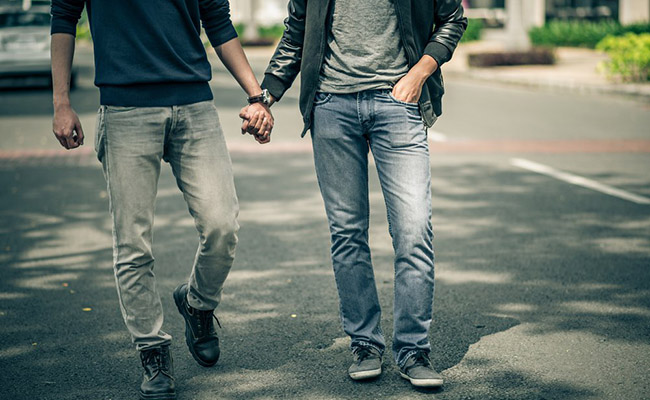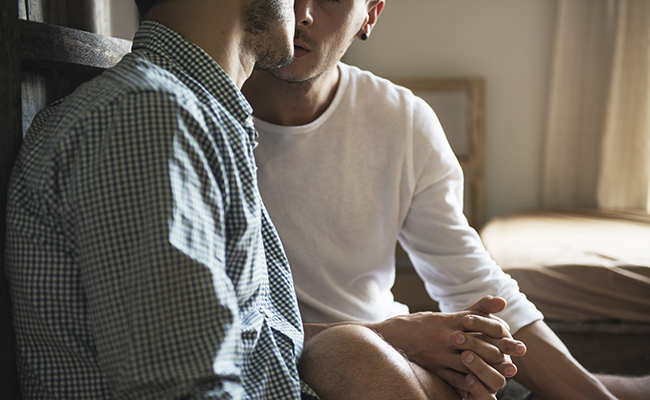New study reveals straight Brits care more about animal rights than LGBT equality
Pride in London and YouGov's studies asked respondents which issues concerned them the most

A new study has revealed that straight Brits care more about animal rights than LGBT equality.
The research, titled ‘Pride Matters’, consists of two polls conducted by YouGov and Pride in London. One survey was completed by straight cisgender respondents and the other completed by LGBT participants.
Both surveys asked respondents which three issues from a list concerned them the most, and the results show a stark difference between the two groups.
According to results, 3% of straight respondents said that tolerance for individuals of different sexualities and gender identities were important to them. However, more than double (7%) of that said animal rights were a concern.

Meanwhile, 2% of straight and cisgender respondents said “gender equality” was a concerning issue and another 6% chose racism.
Of the LGBT people surveyed, 44% said they were worried about the tolerance for people of different sexualities and gender identities, 22% said they were concerned about gender equality and 20% chose racism.
While there was a divide between the two groups, results revealed that they shared a joint concern for the NHS and leaving the EU.
Alison Camps, the chairwoman of Pride in London, said: “Our Pride Matters report highlights the very precarious position we find ourselves in as a nation.
“We are living in times when the UK is actually going backwards in terms of our international standing on LGBT+ rights, when hate crime is on the rise, and when equality is being used as a bargaining chip by political parties. Our research shows that, although many in this country may think LGBT+ people have achieved equality, the reality is that we are by no means ‘equal’.”
She added: “Together with our straight allies, we see it as our collective responsibility to challenge harmful attitudes across society and highlight the reality that LGBT+ people face in all aspects of their lives.”
